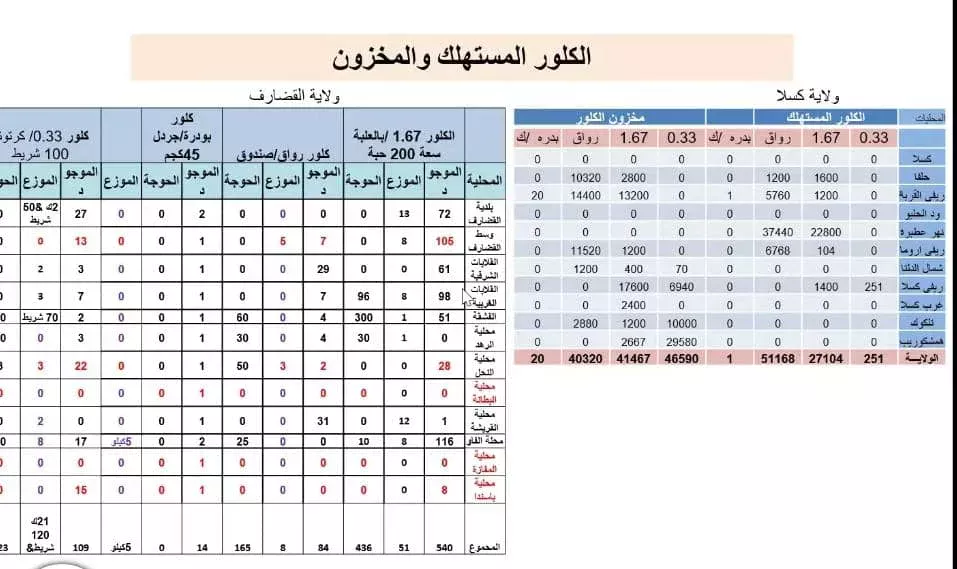271 new cases of cholera have been recorded, including deaths

The Federal Emergency Operations Center held its scheduled meeting today, Tuesday, in the emergency room of the Public Health Laboratory in the city of Kassala, reviewing reports from various departments of the Ministry of Health, in addition to reports from Al-Jazeera and Sennar states.
The cholera epidemiological situation report confirmed that (271) new cases were recorded yesterday Monday in (4) states, including (3) deaths, with (137) cases in Nile, including one death, Kassala (91) cases and no deaths, and infections in Gedaref (39), including two deaths, and Sennar (4), bringing the cumulative number of infections from (10) states (50 localities), to (10,022) infections, including (328) deaths.
The case management report revealed that 30 tons of community cholera packages, infusion salts, zinc and arisromycin were transferred to Gedaref, Kassala, Nile, Khartoum, Sennar and Al-Jazeera states from the ministry's warehouses in Port Sudan, highlighting that there are 30 cholera treatment centers, 50% of which are funded by the Federal Ministry of Health and states, and 50% by international and local organizations and United Nations agencies.
He highlighted challenges including lack of support from organisations to run treatment centres and low health awareness.
The report on environmental health and food control referred to the consumption of chlorine in the context of the fight against cholera, its availability and its immediate need, noting the implementation of activities in a number of states in various axes, reviewing the final report of the sanitation campaign in the locality of Kassala by the Kuwaiti Fund for Aid to Patients from August 14 to September 12, in addition to the report on the current campaign against disease vectors in 6 localities of Kassala State, with the support of Global Health.
In addition, the health promotion report refers to interventions in the fight against cholera, including home visits, community dialogues and messages through the media and social networks.
The nutrition report continued to provide nutrition services in all states of Sudan with the support of United Nations organizations and international and national organizations, noting that 31% of children suffering from severe acute malnutrition with complications were treated with the support of the World Health Organization, and 51% of children suffering from malnutrition were also reached in outpatient treatment centers with the support of UNICEF, and 48% of children suffering from moderate malnutrition were reached in outpatient treatment centers with the support of the World Food Program.
The report refers to 37 international and national organizations supporting nutrition departments in various states of Sudan in the field of nutrition, recognizing the challenges facing nutrition, represented by high food prices in the markets, lack of adequate housing and adequate water, and the difficulty of delivering supplies to some areas due to the situation, difficult roads, but also the long chain of procedures for receiving supplies from the World Health Organization, UNICEF and the World Food Program to the 37 organizations working on the ground, and providing routine medicines to malnourished children in addition to nutritional treatment.






